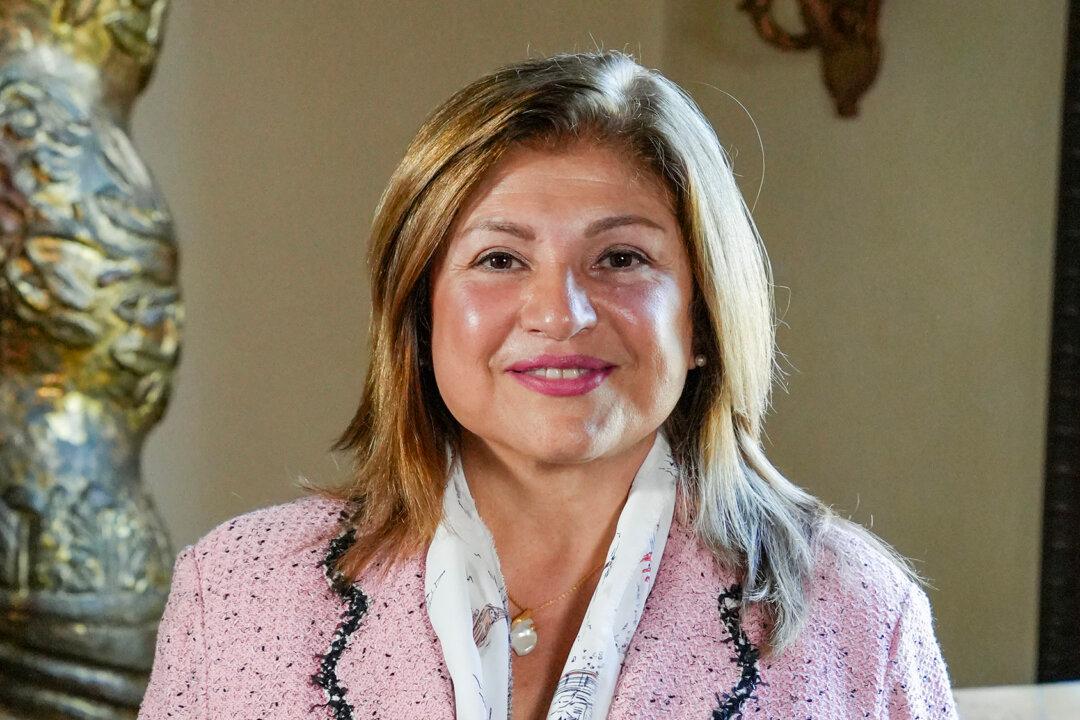SAN JOSE, Calif.—Manny Sanchez, a sophomore studying business administration at San Jose State University (SJSU) in California, said he has improved academically with distance learning.
“Last year, I would have papers [and] I would leave them to do the last day, but right now I’ve been working on them ahead of time and finishing them early,” Sanchez told The Epoch Times. “There’s more free time. There’s nothing else to do. I can’t go out with friends and stuff, so I’ll just stay home and do homework instead.”






